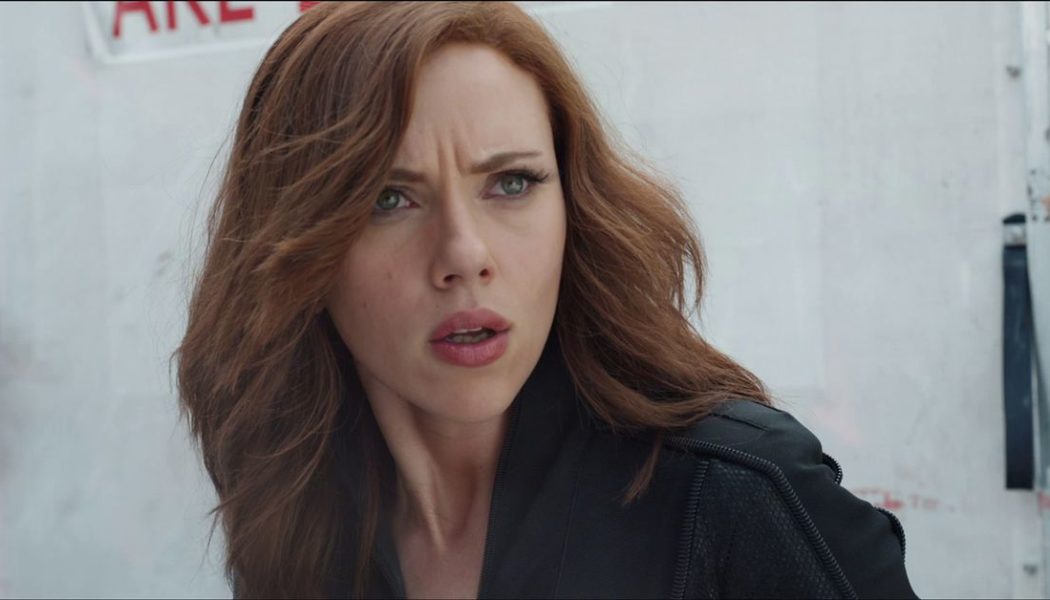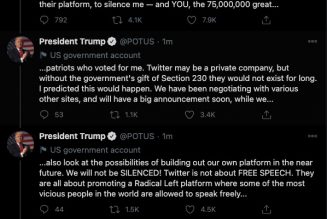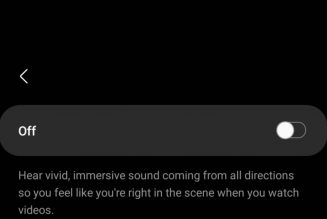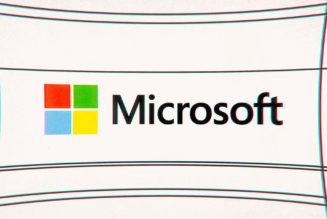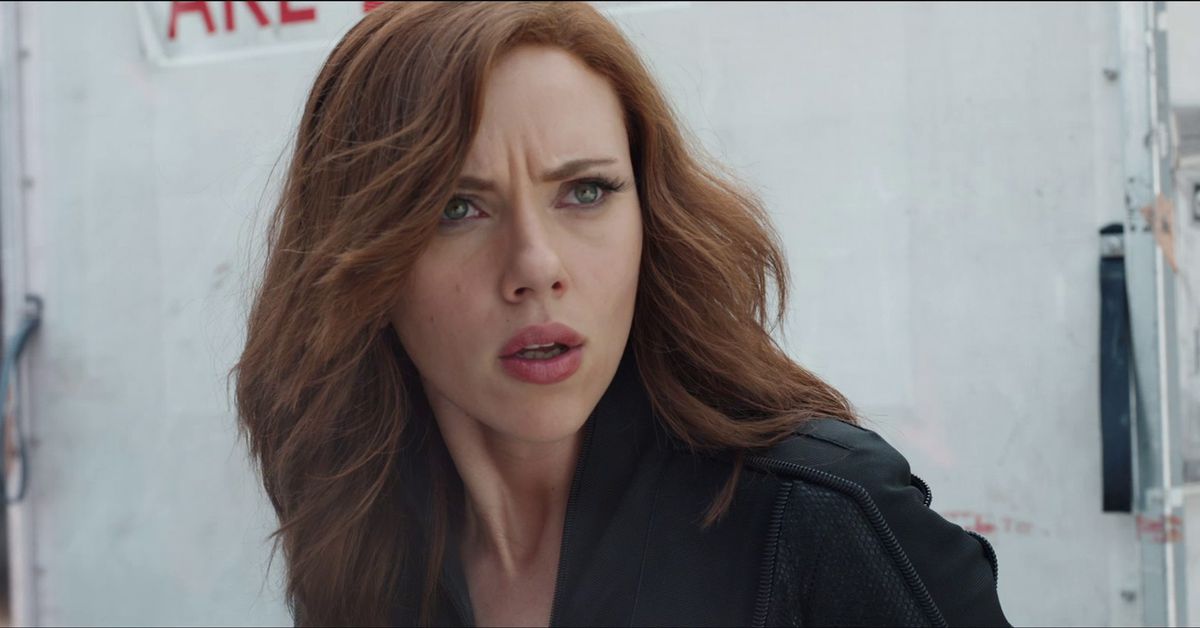
Scarlett Johansson is suing Disney over the simultaneous streaming release of Black Widow, which debuted the same day in theaters and on Disney Plus through its Premier Access service.
The suit was filed Thursday in Los Angeles Superior Court and alleges that Johansson’s contract with Marvel Entertainment, which is owned by Disney, ensured a “wide theatrical release” of the film. The suit says it’s “well understood” that the agreement meant an exclusive release that would not include streaming. Johansson’s salary was in part based on the box office performance of the film, the suit says, meaning the streaming offer could meaningfully cut into her paycheck.
“Disney knew that the cannibalization of [box office receipts] by Disney+ would save Marvel (and by extension, Disney) ‘very large’ amounts of money that it would otherwise owe Ms. Johansson,” the lawsuit states. “On information and belief, Disney intentionally induced Marvel’s breach of the Agreement, without justification, in order to prevent Ms. Johansson from realizing the full benefit of her bargain with Marvel.”
Johansson could lose $50 million because of the altered release plans, according to The Wall Street Journal, which first reported the lawsuit. A spokesperson for Disney did not immediately return a request for comment.
The lawsuit alleges that Disney had two primary motivations for the hybrid release. First, it argues, Disney wanted to boost subscriber numbers for its streaming service and inflate its stock value. Second, the suit states, “Disney wanted to substantially devalue Ms. Johansson’s agreement and thereby enrich itself.”
The lawsuit’s argument — that Disney promised an exclusive theatrical release before reneging on that assurance — seems to hinge on what constitutes a “theatrical release.” The suit states that both Marvel and Johansson understood the contractual promise of a wide theatrical debut to mean the film “would initially be released exclusively in movie theatres, and that it would remain exclusively in movie theatres for a period of between approximately 90 and 120 days.” But it’s not stated whether those details are present in her contract.
“As Ms. Johansson, Disney, Marvel, and most everyone else in Hollywood knows, a ‘theatrical release’ is a release that is exclusive to movie theatres,” the suit states. “Disney was well aware of this promise, but nonetheless directed Marvel to violate its pledge and instead release the Picture on the Disney+ streaming service the very same day it was released in movie theatres.”
Disney does seem to have understood that changing the release strategy would impact Johansson. Marvel’s Chief Counsel, David Galluzzi, wrote to Johansson’s representatives in 2019 indicating that there would be a discussion if the release plan shifted, according to the lawsuit. “We understand that should the plan change, we would need to discuss this with you and come to an understanding as the deal is based on a series of (very large) box office bonuses,” Galluzzi is quoted as writing.
Over the course of the pandemic, several of Disney’s titles originally intended for exclusive theatrical releases instead debuted simultaneously in theaters and on Disney Plus through its Premier Access platform. Premier Access charges an additional fee of $30 to stream these films from home on Disney+ at the same time they’re playing in theaters. Black Widow, Cruella, and the live-action remake of Mulan are among a handful of films that have released this way as theaters buckled under pandemic lockdowns and covid-19 restrictions.
It’s a significant development in the release structure that has emerged during the pandemic. Many major streamers have opted to release films this way, including HBO Max. The model has come under fire from major Hollywood directors like Dune director Denis Villeneuve and Christopher Nolan.
The lawsuit filed this week alleges that following Disney’s announcement that the picture would debut as a day-and-date title, Johansson and her team attempted to negotiate with Marvel about the film’s release. It alleges that Marvel “ignored this outreach,” and the film debuted on Disney Plus under the hybrid release model anyway.
